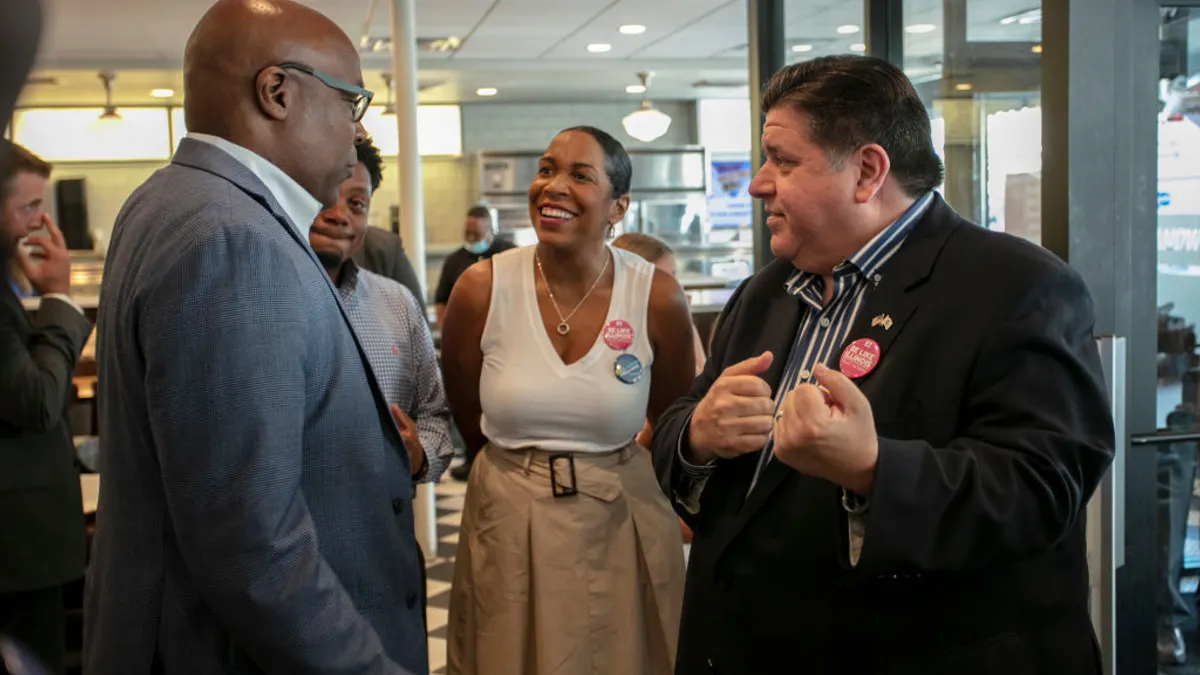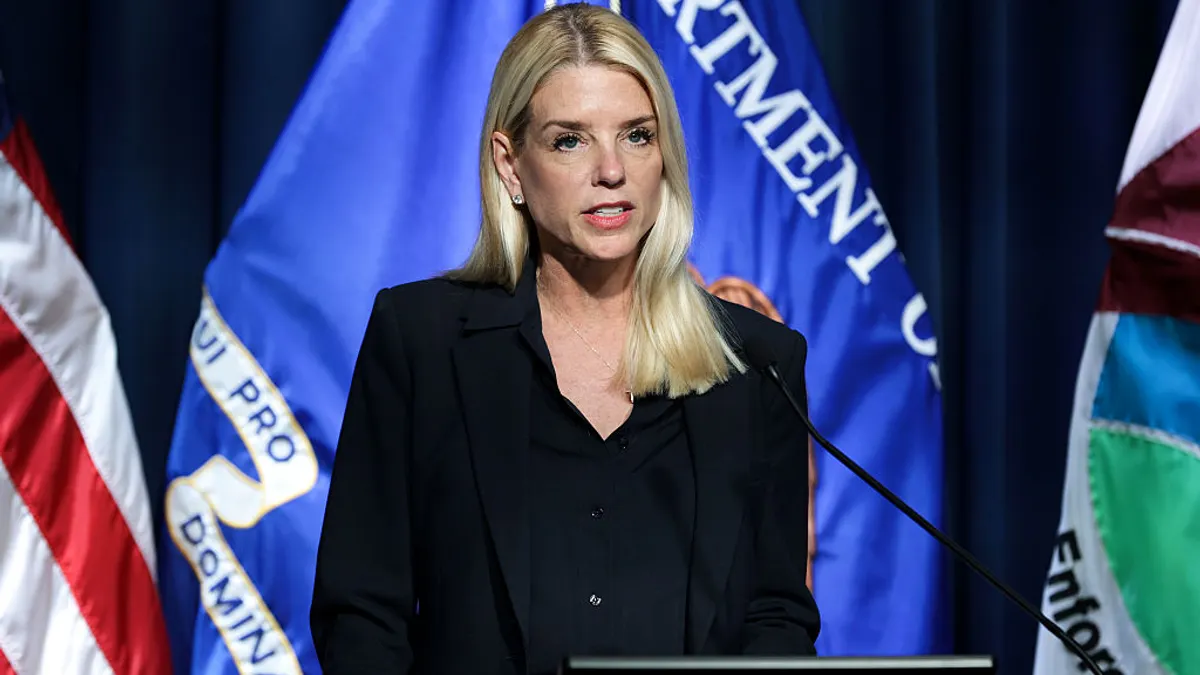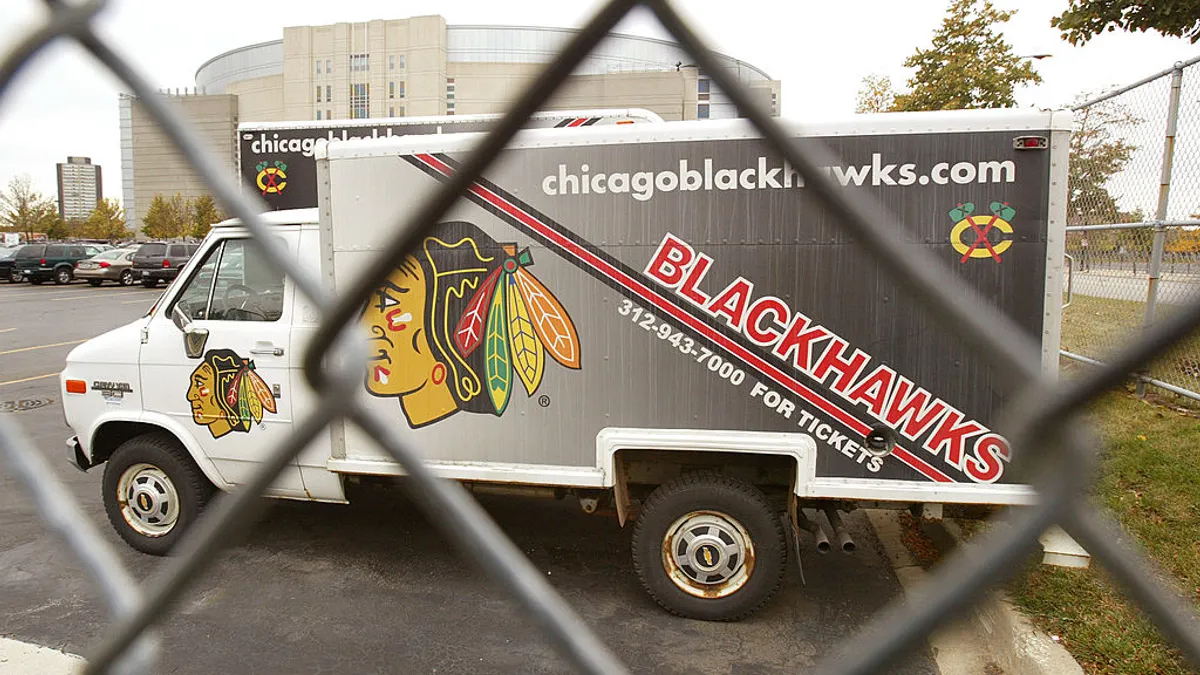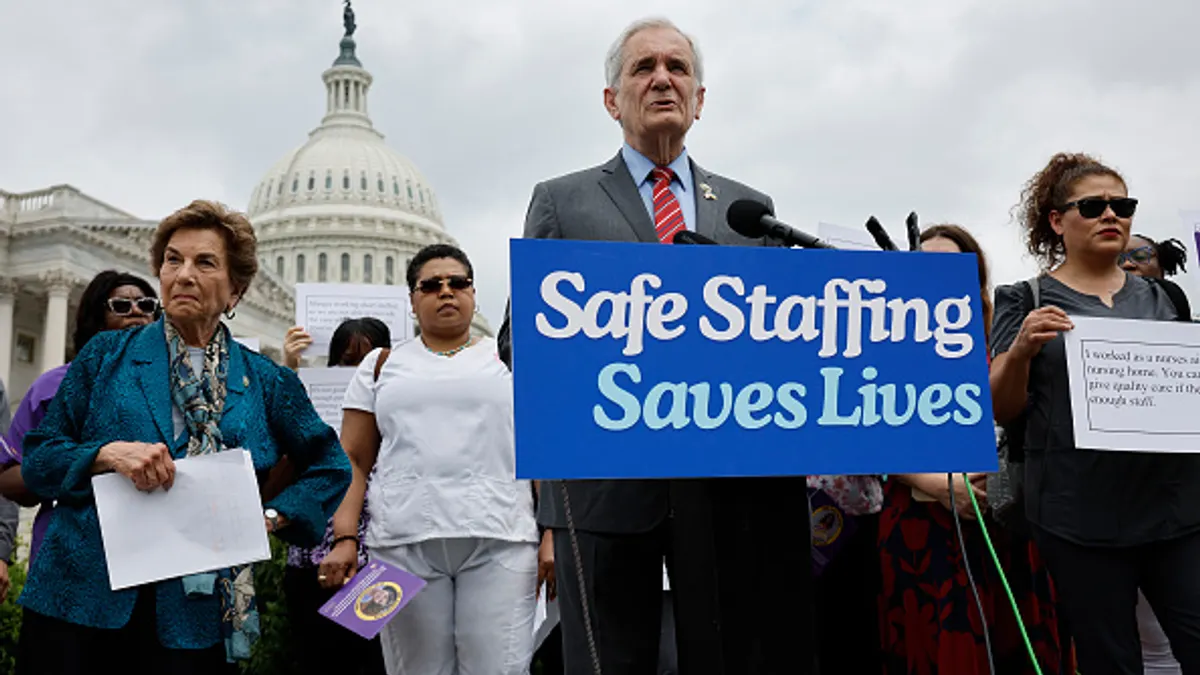The first Juneteenth celebration took place on June 19, 1866. But in many ways, it wasn't until June 2020 that the holiday gained widespread recognition — that is to say, nods from corporate companies and enthusiastic acknowledgment from non-Black communities.
On June 19, 1865, U.S. Army Major General Gordon Granger arrived in Galveston, Texas, to announce that the Civil War and slavery had ended. Abraham Lincoln had ended slavery in 1863 and Congress had passed the 13th Amendment on Jan. 31, 1865; however, many African Americans hadn't been made aware until six months later.
From that point on, Black communities in the U.S. would mark June 19 with all kinds of freedom celebrations. Naturally, Texas became the first state to recognize Juneteenth as a holiday in 1980. Forty-four states and Washington, D.C. followed suit. The May 2020 police murder of George Floyd brought the holiday back into public discourse; Juneteenth 2020 was celebrated during the height of rekindled racial justice protests.
Last year's social media buzz around anti-racism included companies pledging support of the post-slavery holiday. Some workplaces encouraged employees to take the day off, others made it a paid holiday, and others still called for a day of learning. However, according to race, money, and diversity experts, employers need to be intentional with how they acknowledge Juneteenth if they truly want to honor their Black employees.
"We do recommend that it's a holiday because it adds that significance and weight, like Memorial Day. Have it outright on the calendar," Akilah Cadet, DHSc, MPH, founder of diversity, equity, inclusion and belonging firm Change Cadet, told HR Dive. If making Juneteenth its own paid holiday isn't an option, employers can include it as a flexible holiday.
Essentially, employees should be able to take the day off and not experience bias for it, Cadet said. Miles Dotson, managing partner at Devland, agreed that Juneteenth is ideally celebrated with paid time off. Speaking on behalf of the #hellajuneteenth project, Dotson told HR Dive, "We fully intend that this is a day where you do not have any interaction with your employer whatsoever." This is important, Dotson said, because of the link between Juneteenth and slave labor: the U.S.'s economy wouldn't be where it is today without slave labor.
"Look at 1865: Not only did the notion of who is a human in this country change over that next decade. But also, the nature of labor and nature of work change at the same time." There is an "immense urgency," Dotson told HR Dive, for employers to understand the real implications of Juneteenth on U.S. labor history.
HR professionals can encourage this deeper understanding by sending an internal memo. "It has to provide educational material resources to what Juneteenth does. It could be the episode of Black AF around Juneteenth. It can be an Atlantic article about Juneteenth. But provide resources so that people know," Cadet said.
Additionally, she advised, make the connection between the Fourth of July and Juneteenth. "Because the Fourth of July was independence for white men, when it comes down to it. [African American people's] ancestors were still enslaved at that time," Cadet said. "When America is like, 'Yay, we are free from the British!', it's like, 'OK, but we were being shackled, lynched, chained, maimed, and raped in 1776.' The Emancipation Proclamation didn't happen until 1863."
June 19, 2021 falls on a Saturday this year. A way that HR heads can ensure programming from Monday through Friday is by getting creative. For example, Cadet and her firm recommended that employers ask Black employees, contractors and vendors to tell Juneteenth stories. "You could do short videos about their Juneteenth experience. That can be part of the messaging that goes the week of Juneteenth," Cadet said. This can also include calls to support Black-owned businesses, especially if they're already partners with the company.
HR professionals who haven't broached the Juneteenth conversation yet have a few options for getting their workplace up to speed. Hella Juneteenth offers employee-focused resources, like outreach email templates. Cadet also said that centering freedom for all can be a helpful approach: "If we can celebrate the freedom of White people, we can celebrate the freedom of Black people."





















